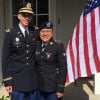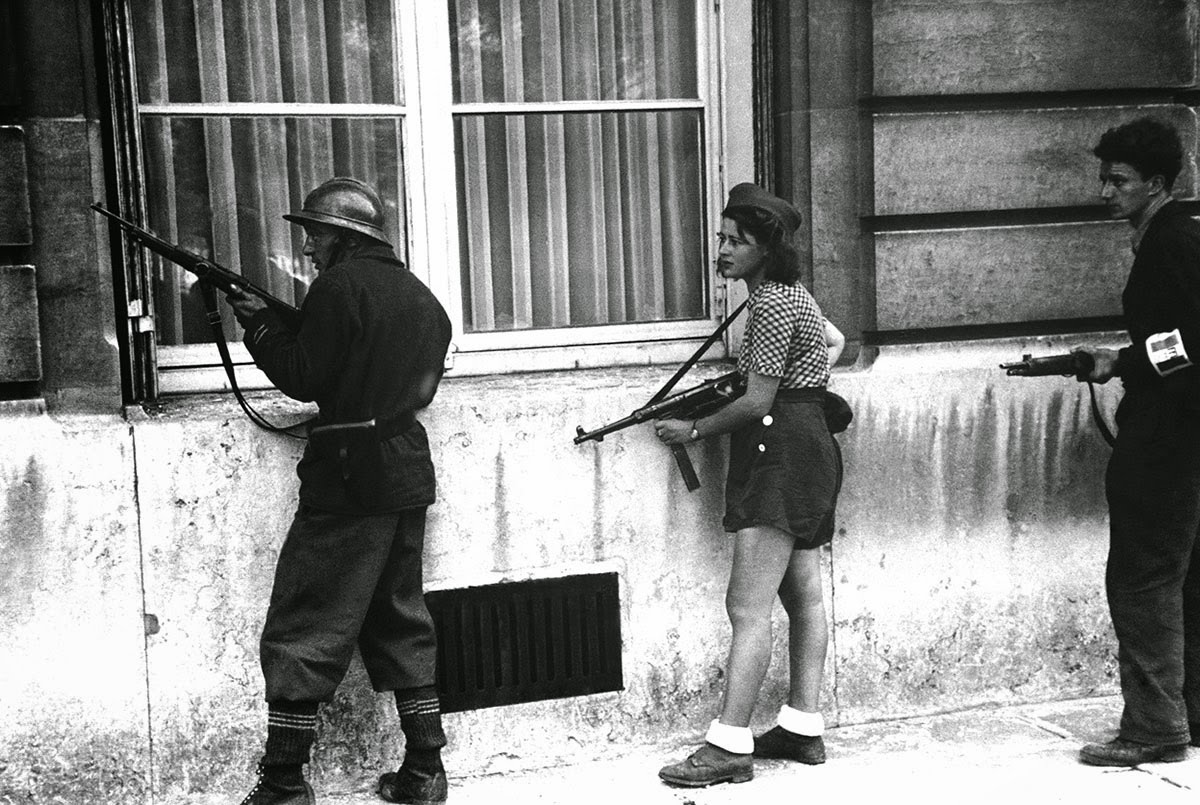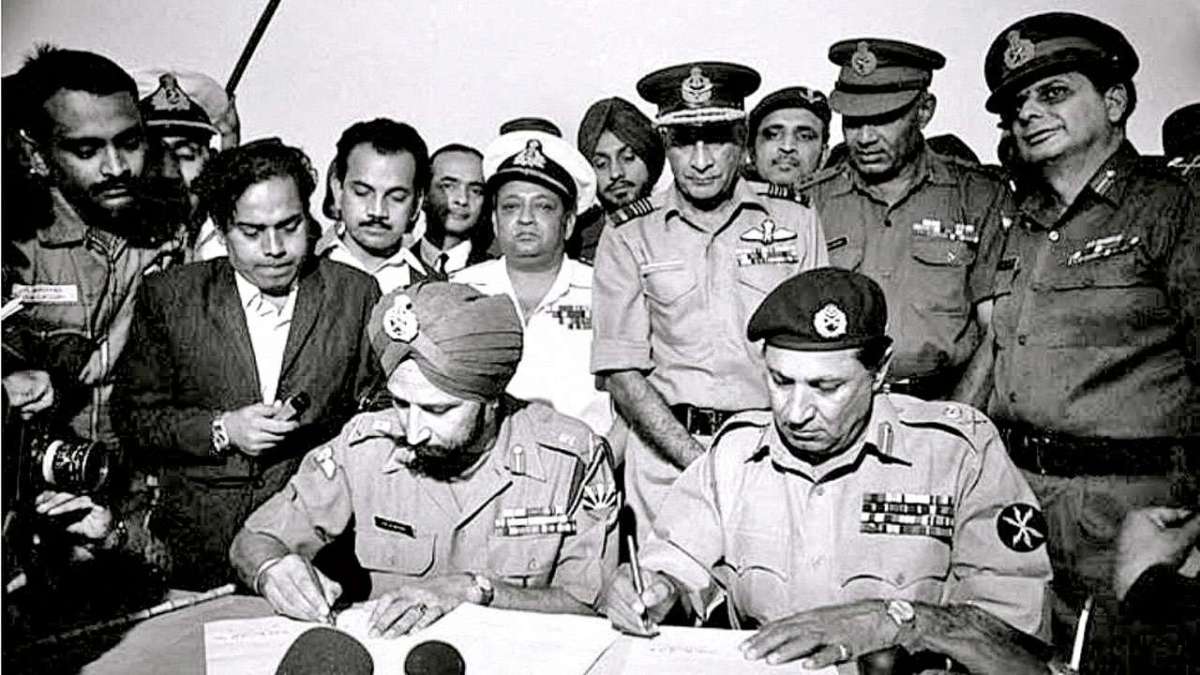- HubPages»
- Education and Science»
- History & Archaeology»
- Military History
The First African American Medal of Honor Recipient
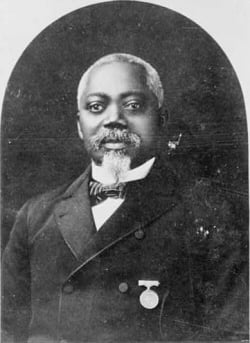
Colors or Flags on the Battlefield
The battlefield can be a confusing and disorienting place which is why the use of national, state, and regiment flags were highly important in the Civil War. In the military the term "colors" refers to these flags, and have an important place of honor even today. The colors were flown high to be able to allow troops to see where there units were and to provide a visual marker for a rally point in battle. On July 18, 1863 Sergeant William Harvey Carney risked his life to protect the colors and emulated the Army Values; his actions received him the Medal of Honor.
Morris Island
On July 10, 1863 Br. Gen. Quincy Gillmore was tasked with leading the Union Army to capture Morris Island. After a quick amphibious assault, the last main stronghold on the island was Fort Wagner, which the Confederates had heavily reinforced and were strongly willing to defend. After a few days of heavy Union casualties, Br. Gen. Gillmore had the island bombarded with ships and artillery, and decided to send in another assault. This time the 54th Massachusetts Infantry, an all colored unit with the exception of senior officers and senior NCOs, would lead the attack on the fort. Despite suffering heavy losses, the 54th Massachusetts would lose 272 out of 600 men, they reached the fort and began to scale the walls when their Colonel was killed (Civil War.com).
Carney Takes Action
During this advance, Sergeant William Carney of C Company witnessed the color bearer be shot down. Carney then dropped his rifle, ran across the field, grabbed the colors before they could even hit the ground, and ran to the front of the 54th. After a moment he realized he was alone as the fellow 54th soldiers in the front were all dead, and in front of him was a battalion of Confederate troops. Trying to regroup with Union soldiers, he ran into a ditch of waist high water and began moving his way down the lines. As he attempted to see across the battlefield, he was shot twice but continued to run towards Union troops. He soon ran into the 100th New York when he was confronted by a soldier asking if he was wounded. During this conversation a bullet grazed Carney’s arm, and him and the soldier from the 100th New York began to run towards the 54th after Carney told him that he would not give the colors to anyone who wasn’t with the 54th Massachusetts. While they made their way across the field, Carney was grazed in the head by another bullet, giving him his forth wound, all within a matter of minutes. The pair soon found themselves among the ranks of the 54th Massachusetts, to which they were greeted by great cheer as Carney said, “Boys, the old flag never touched the ground!” He then collapsed and was carried off for medical attention. Carney was discharged a year later due to his wounds, and on May 23, 1900, almost 37 years later, William Harvey Carney became the first African American to be awarded the Medal of Honor (historynet.com).
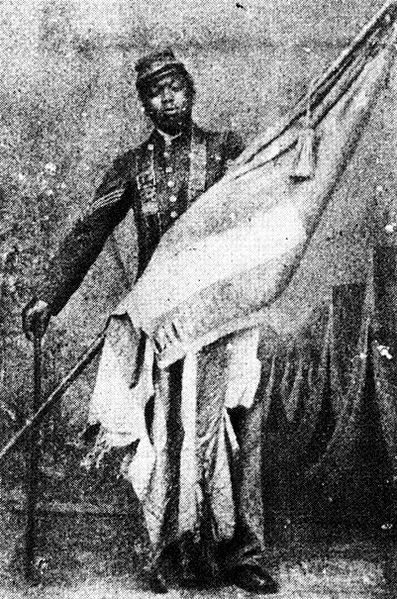
Carney's Legacy Lives On
Sergeant Carney’s heroism exemplifies the United States Army Values as he selflessly and courageously performed his duty. Although the battle of Fort Wagner would be a Confederate victory, Carney inspired his men to fight bravely, and more importantly he proved that the worth of the 54th Massachutes, a unit formed to prove blacks can and will fight, and disproved the idea at the time that “Negros would not fight”. Sergeant Carney not only exemplified his courageous duties as a United States soldier, but he would be an inspiration to allow African Americans to proudly serve in the military for years to come. After the war Carney got a job working on some of the first elevators to be used in the United States. Unfortunately while trying to fix an elevator in New Bedford, the elevator collapsed and on December 9, 1908 Carney died due to his injuries. His legacy lives on by providing an inspiring tale of heroism not only in battle, but by proving a glorious example of how one can overcome all odds to make history. When asked about his actions, Sergeant Carney simply replied, “I was only doing my duty”.
Sources
"The Battle of Fort Wagner." Civil War.org. N.p., n.d. Web. 17 Apr. 2014. <http://www.civilwar.org/battlefields/battery-wagner.html?tab=facts>.
Pohanka, Brian C. "Fort Wagner and the 54th Massachusetts Volunteer Infantry." Civil War.org. N.p., n.d. Web. 17 Apr. 2014. <http://www.civilwar.org/battlefields/batterywagner/battery-wagner-history-articles/fortwagnerpohanka.html>.
"William H. Carney: 54th Massachusetts Soldier and First Black U.S. Medal of Honor Recipient." HistoryNet.com. N.p., n.d. Web. 17 Apr. 2014. <http://www.historynet.com/william-h-carney-54th-massachusetts-soldier-and-first-black-us-medal-of-honor-recipient.htm>.
